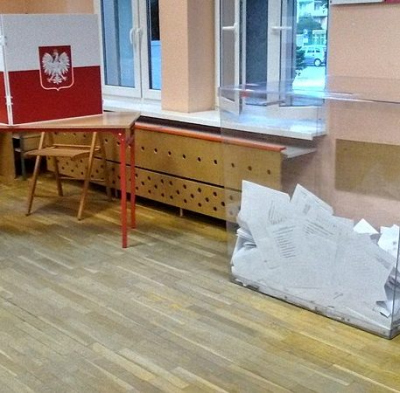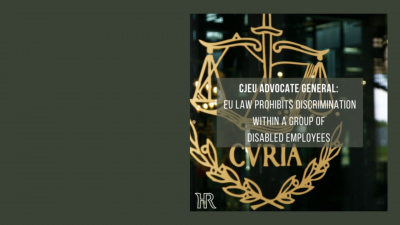
Restrictive measures adopted worldwide to fight COVID-19 intensify the risk of domestic violence; Governments must uphold the human rights of women and children and come up with urgent measures to the victims of such violence.
It is very likely that rates of widespread domestic violence will increase, as already suggested by initial police and hotline reports. For too many women and children, home can be a place of fear and abuse. That situation worsens considerably in cases of isolation such as the lockdowns imposed during the COVID-19 pandemic – the UN Special Rapporteur on violence against women, Dubravka Simonovic, warned.
The UN expert noted that, for many women, the emergency measures needed to fight COVID-19 have increased their burden regarding domestic work and the care of children, elderly relatives and sick family members. Simonovic expressed particular concerns about women at higher risk of domestic violence, such as women with disabilities, undocumented migrant women and victims of trafficking.
The UN expert called on governments not to put the protection of victims on hold and urged them to continue to combat domestic violence in time of COVID-19. Measures to protect victims must remain available or be adopted during the crisis. That includes ensuring access to protection by restraining orders and maintaining safe shelters and help lines for the victims. The police should increase their efforts for rapid action.
The Special Rapporteurs, Independent Experts and Working Groups are part of what is known as the Special Procedures of the Human Rights Council. Special Procedures, the largest body of independent experts in the UN Human Rights system, is the general name of the Council’s independent fact-finding and monitoring mechanisms that address either specific country situations or thematic issues in all parts of the world. Special Procedures’ experts work on a voluntary basis; they are not UN staff and do not receive a salary for their work. They are independent from any government or organization and serve in their individual capacity. .
Full press release in english


